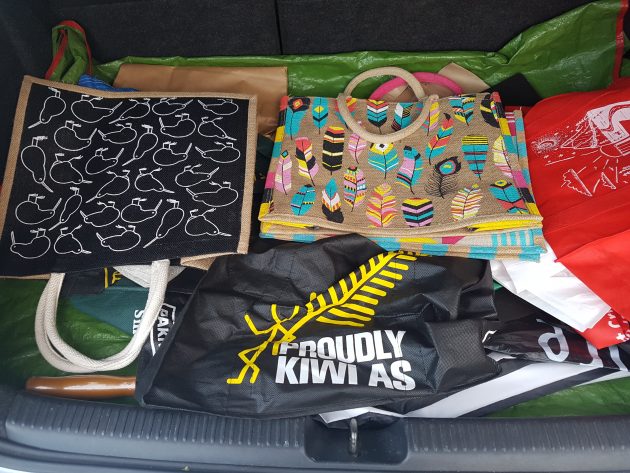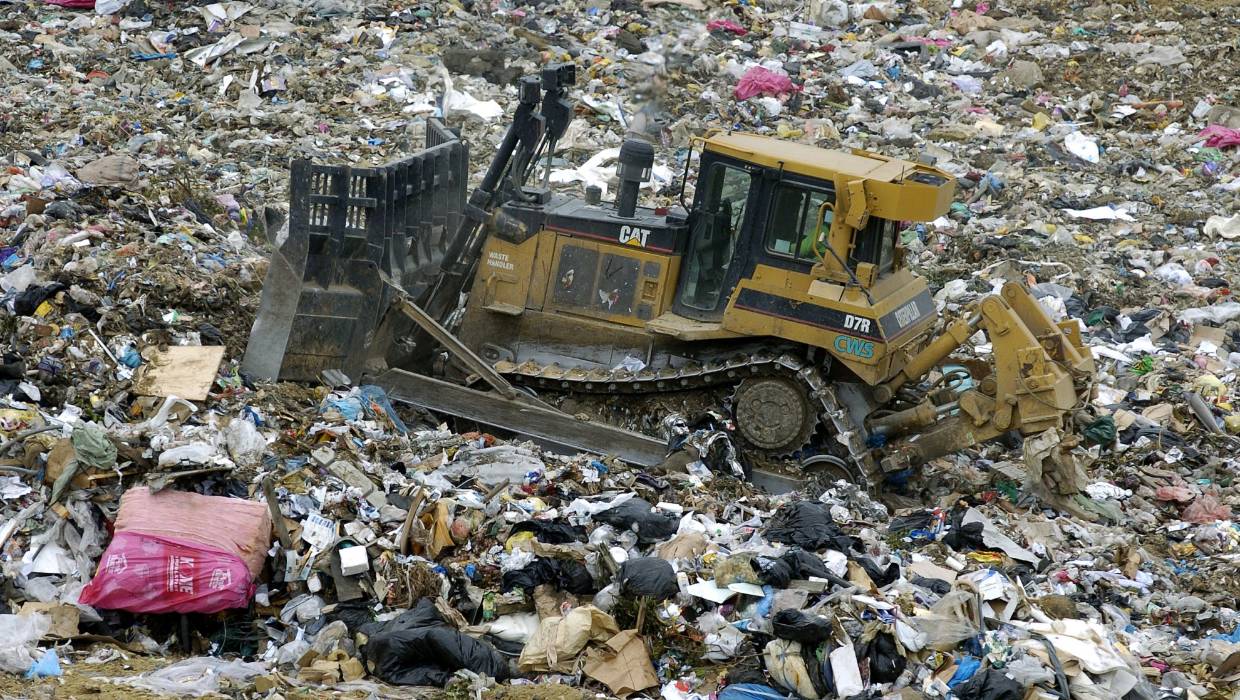How much petrol is consumed lugging around the copious, now slightly grubby, jute grocery bags that litter my car boot, travelling where I do? I yearn for the old clutter free boot days. How will we feel about hauling them through Coronavirus infested supermarkets?

“People do reuse tote bags, but not as often as they plan to. One survey found that consumers forget to bring the bags to the supermarket nearly half the time.
To offset the initial carbon footprint of a cotton tote bag, you’d have to use it 173 times, but the typical tote is used just 15 times, so the net effect is about nine times more carbon emissions than a thin plastic bag.”
City Journal
Then there’s the tedious process religiously followed by recycling devotees. I am not one of them. My recycling is restricted to glass jars that come out of the dishwasher sparkling clean and ready to be filled with seasonal beetroot, lemon curd and plum chutney. Delicious food, grown and preserved at home is an incentive to recycle. Diligently cleaning narrow-necked plastic tomato sauce bottles, milk bottles and yoghurt pottles is not. Prising food remnants out of plastic containers to be transformed into goodness knows what never made it onto my to-do list. Not so the man about my house who recycles everything including the little plastic tags on bread bags. Each to his own. Unfortunately, he is not fastidious about plastic cleanliness and I haven’t the heart to tell him his recycling is destined for landfill.
I take full responsibility for my aversion to Greenies and smug recycling hypocrites. After discovering that the single-use plastic bag ends up in land fill I firmly reject the temptation to indulge in a cloud of smug – that would make me as odious as the recycling brigade. Instead, I continue to happily biff plastic in the trash with gay abandon.
“For decades, we were sending the bulk of our recycling to China—tons and tons of it, sent over on ships to be made into goods such as shoes and bags and new plastic products.
But last year, the country restricted imports of certain recyclables, including mixed paper—magazines, office paper, junk mail—and most plastics.
Waste-management companies across the country are telling towns, cities, and counties that there is no longer a market for their recycling. These municipalities have two choices: pay much higher rates to get rid of recycling, or throw it all away.”
Research carried out by the United Kingdom’s environmental agency found “recycling has turned out to be ruinously expensive while achieving little or no environmental benefit, some local officials—the pragmatic ones, anyway—are once again sending trash straight to landfills and incinerators.”
In Auckland between 1 July 2016 and 1 July 2017 12% of recycling material was not recycled at all, it was diverted to landfill.
“Plastic bags, disposable coffee cups and used nappies are in the almost 16,000 tonnes of rubbish put out in recycling bins that had to be diverted to landfill, at a cost to Auckland ratepayers of $1 million in the most recent financial year.
…Plastic bags and soft plastics are particularly dangerous at the recycling plant, because they get caught up in machines and jam them.”
Stuff
A report in June last year confirms the continuation of relegating single-use plastic bags to landfill.
“Of a total of 272,400 tonnes of material placed in Auckland recycling bins, 32,300 tonnes – 11.8 per cent – was rubbish which had to be diverted to landfill.
…Parul Sood, Auckland Council’s waste solutions programme director, said one of the worst offenders was soft plastic, which was “extremely problematic” as it jammed up sorting equipment at the Onehunga recycling facility.
Sood urged Aucklanders to take their soft plastics to one of the 37 stores that were part of the soft plastic recycling programme, which started back up again in the region in May.”
Stuff
Why doesn’t the Auckland recycling plant put the much-maligned single-use plastic bags into the soft plastic recycling system themselves? You guessed it – recycling is horrendously expensive and simply not worth it.
Supermarkets should get off their green high horses and bring back single-use plastic bags. And while they are at it provide bins for the supercilious to drop their single-use bags into for collection by the soft plastic recycling plant. There, fixed it for you. You’re welcome.
If you enjoyed this BFD article please consider sharing it with your friends.

